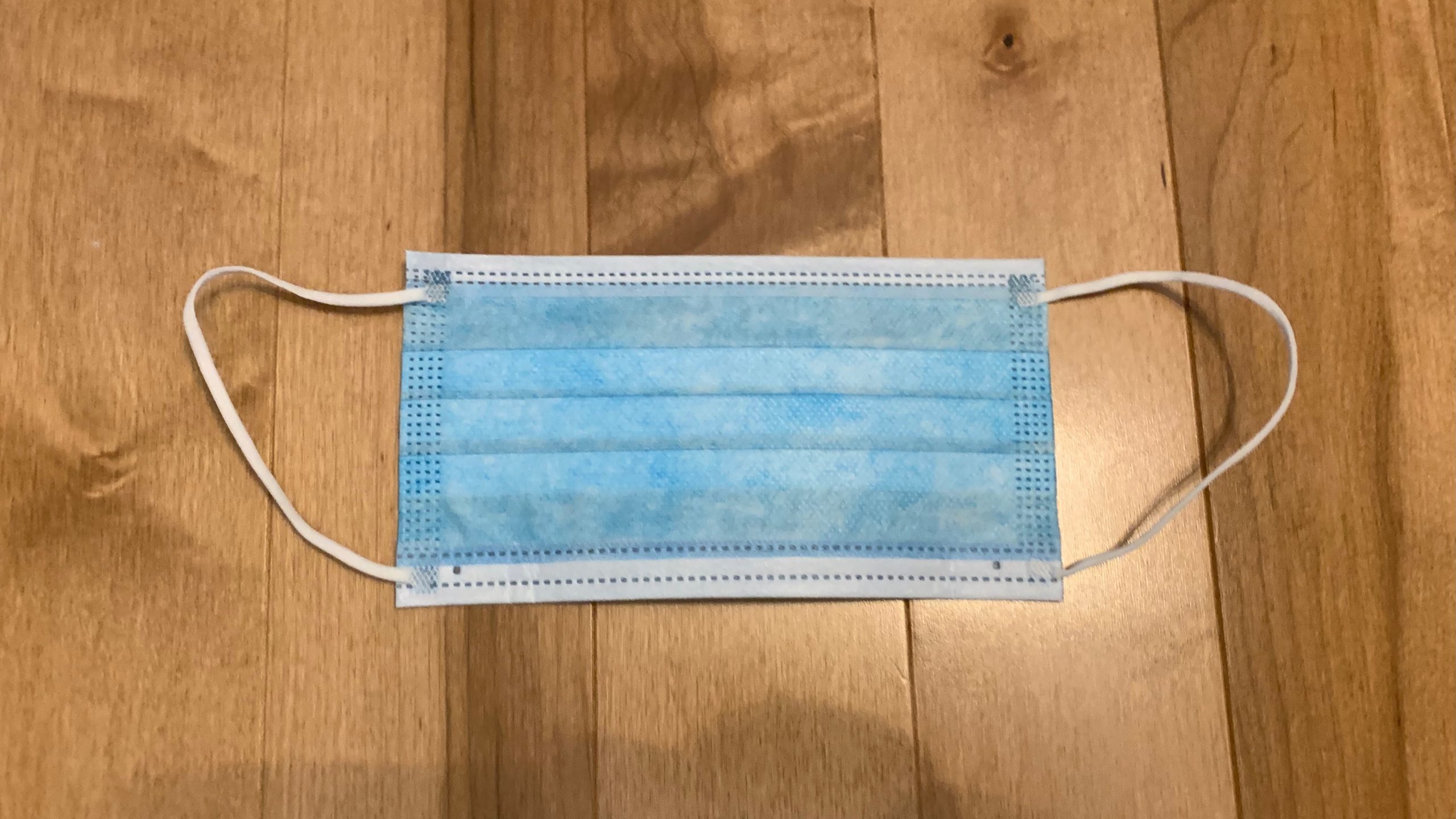Don’t lie to Public Health, Strang warns Nova Scotians
A 'few' people not disclosing connections to positive COVID-19 cases

caption
Dr. Robert Strang encouraged people to keep wearing masks Friday at the media briefing.Nova Scotia’s chief medical officer of health says he’s “disappointed” that some people are not telling the truth to public health officials who are trying to trace and contain the coronavirus.
“These individuals are putting other people’s lives unnecessarily at risk,” Dr. Robert Strang said during Friday’s media briefing.
He said a “few” people are not reporting where they’ve been and who they’ve been in contact with. Through the process of contact tracing, Public Health is realizing people who are testing positive for COVID-19 are actually close contacts of previously reported cases. These close contacts were not disclosed to Public Health before they tested positive.
“We won’t be judging you,” said Premier Stephen McNeil. “We’re trying to track this virus.” Related stories
Strang warned that people who aren’t being truthful can be charged under the Health Protection Act.
“We have legal tools that we can bring to bear if it’s appropriate and necessary,” he said.
A Health Protection Act violation most likely will carry a fine of $1,000. Violations include failing to self-isolate, having gatherings over the limit and lying to Public Health.
Strang praised university students for following quarantine protocols. He said 3,500 students have returned to the province for the winter semester and all nine students who tested positive are in lockdown as required.
“The students are very much taking seriously this need for quarantining as the primary step to keep themselves and everybody else safe,” Strang said.
Strang mentioned they will be bringing back the pop-up testing into university communities after the quarantine periods are done.
More COVID-19 cases
Nova Scotia announced four new cases Saturday, bringing the number of active cases in the province to 30.
Three cases are in the central zone, which includes Halifax. One case is a close contact of a previously reported case, and the other two are travel related. One of the cases is a Dalhousie University student who lives off-campus.
The fourth case is in the eastern zone, and is related to travel. The person is a Cape Breton University student. All of the cases are self-isolating.
No one is currently hospitalized with the virus.
According to the province, 2,293 tests were processed on Jan. 15 and 808 people were tested at the pop-up rapid testing clinics between Jan. 8 and Jan. 14.
Strang said there’s a cluster of COVID-19 cases in the Truro area. There are two testing locations in the area, one at the Rath Eastlink Community Centre and the other at the Truro Farmers’ Market. A mobile testing unit will continue its work in the area next week.
Vaccination update
Nova Scotia has administered 7,600 doses of the COVID-19 vaccine, with 2,200 health-care workers now fully vaccinated, according to the province.
McNeil said Nova Scotia continues to keep a second dose back for each person who received their first dose of the vaccine. The vaccine needs two doses to be effective.
“We cannot waste a single dose of this vaccine,” he said.
McNeil said they expect to get shipments of the Moderna vaccine every three weeks and Pfizer-BioNTech shipments every week.
Earlier Friday, the federal government announced a temporary delay of Pfizer-BioNTech vaccine shipments to Canada. Strang said he was unsure what that means for Nova Scotia.
Three new vaccination clinics will open next week in long-term care homes, including two in Cape Breton. Truro will see a vaccination clinic for front-line health-care workers next week. Other clinics in the province will continue to run.
Updated vaccination numbers the province will now be released twice weekly.
The common symptoms of COVID-19 are a fever and a new or worsening cough. If you are experiencing those, visit the Nova Scotia Health website to book a test.
Other symptoms include loss of taste and/or smell, headache, chest tightness, or difficulty breathing.
About the author

Emily McRae
Emily McRae is a journalist based out of Halifax, Nova Scotia.
